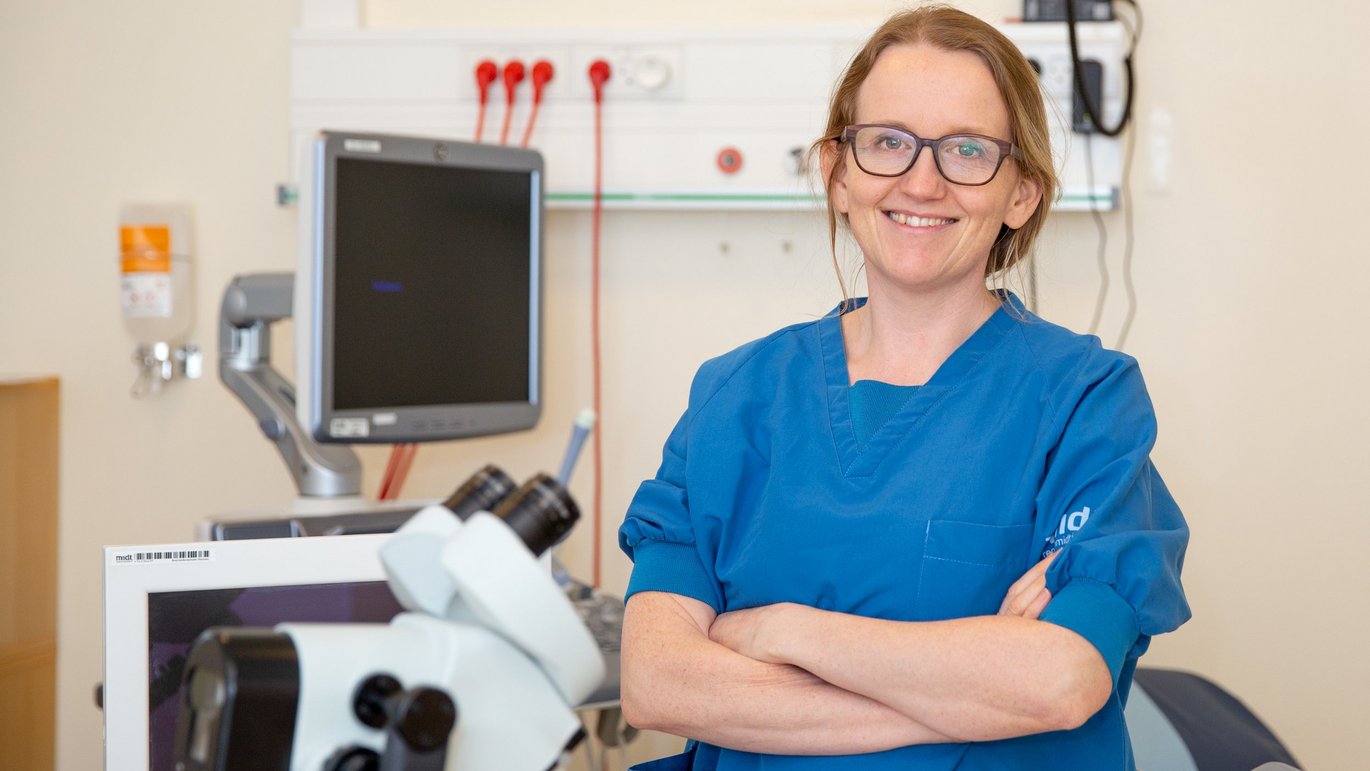Researcher aims to crack the genetic code of HPV-related cancer
Why do some women develop cervical cancer following an HPV infection, while others do not? The answer may lie in the genetic differences in the virus, and chief physician and clinical associate professor Anne Hammer has received funding to crack the code.

HPV is a widespread virus that can cause cellular changes in the cervix, which in some cases may develop into cancer. Studies estimate that 8.6 percent of all cancer cases in women worldwide are related to an HPV infection, and up to 80 percent of all women will be infected with HPV at some point in their lives.
However, there is a lack of knowledge about which genetic factors in the virus may trigger cancer. Against this backdrop, Anne Hammer from the Department of Clinical Medicine and the Regional Hospital Gødstrup has received a grant of 10 million DKK from the Novo Nordisk Foundation. The funds will support a five-year research project aimed at uncovering the genetic mechanisms in the virus that play a role in women's risk of developing cervical cancer as a result of an HPV infection.
"The goal of the research project is, among other things, to identify new so-called biomarkers that can reveal the disease, even if the woman shows no symptoms. The biomarkers will be an important tool that doctors can use to improve screening, clinical treatment, and prevention of HPV-related cancer," says Anne Hammer.
Contact
Chief physician, clinical lecturer, PhD Anne Hammer
Aarhus University, Department of Clinical Medicine and
Regional Hospital Gødstrup, Gynecology and Obstetrics
Phone: 23 49 47 36
E-mail: ahlauridsen@clin.au.dk
Based on press material from Central Denmark Region.